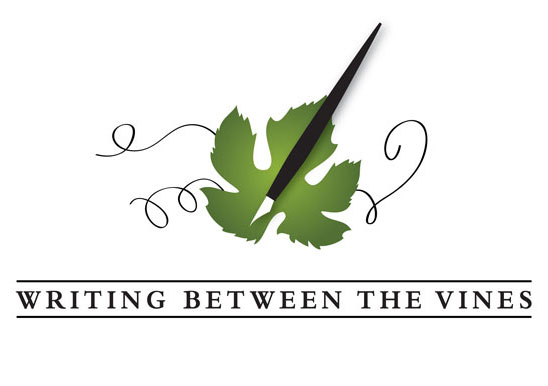Cookie Boyle
Cookie’s first play, Jung Love was produced for the San Francisco Emerging Playwright’s Festival. She directed her play High School Diplomacy as part of the Cold Reading Series’ 4×3 Short Play Festival. She has been published in the New York Times and Traveler’s Tales. Cookie is the co-writer and Associate Producer of The Timekeeper, which to date has played at a dozen film festivals around the world, and the co-writer of The Christmas Calendar, a movie of the week that aired in 2017 and received 8 Leo nominations, including best screenwriting. She has recently completed her novel, Entitled.
Did the retreat meet your expectations?
The retreat exceeded my expectations.
I had never had the opportunity to remove myself from the day-to-day, to simply focus on writing. The knowledge that for one full week, the only concern I had was getting the best words possible on the page was such a gift.
What was the most unexpected part of your stay?
The cottage didn’t have a television. I was surprised at how much more focused I felt, knowing that I couldn't be distracted by simply turning on the TV.
What was the most enjoyable aspect of your retreat?
The retreat gave me the space and place to fall in love with my novel again.
When I’m writing in one-hour increments, stolen from this morning before work or that afternoon after work, I don’t have the chance to focus solely on the writing. Have one full, unplugged week to think only about my novel allowed me to see it for what I wanted it to be.
Did the vineyard setting inspire you and/or your writing? In what ways?
Being among the vines was a treat. The views from the property are stunning. Being able to see down the valley gave me a sense of expansiveness that I hope translated into my writing. Having a new view also allowed me to remove myself from my day-to-day concerns, and think simply about the writing.
What did you work on during the retreat?
During the retreat I was able to do a complete and final pass on my novel. In November I had received some valuable feedback, but hadn’t had the opportunity to make the changes needed. The week of the retreat allowed me to work systematically through the novel to address the edits needed.
What other activities did you do during the retreat—any napping, hiking, or exploring the local area?
I set myself up to focus on writing for 8 hours. Then I could explore. I went for a hike on the property. Had dinner at the restaurant on the property and at different wineries throughout the valley, visited Penticton, explored the town and chose a different corner to explore each evening.
Did you participate in any activities or events arranged by the host winery? If so please elaborate.
The winery was just starting up for the season. There weren’t any specific events organized. I had dinner three times at the winery, and visited the host and staff at the tasting room.
Any tips or advice you think might be helpful for future residency applicants?
For future residency applicants, I would suggest planning your week and what you wish to accomplish. Rather than simply “writing”, it was helpful to have a realistic goal that I could accomplish in the week. Knowing I had five days, and understanding how much I could achieve in that time, allowed me to track my progress and feel a sense of accomplishment at the end.
If your retreat was a co-residency do you have any advice or tips for future applicants that wish to apply and work together?
I attended the retreat with Walter Sawadsky. We had the opportunity to work on our individual projects, then spent one full day on a co-writing project. Being clear about our individual and collective goals for the residency was really helpful.
Any other comments, impressions, and surprises about the retreat you wish to convey?
I’m so grateful for the opportunity to spend a week at the retreat. I am now sending my novel out to agents for representation. I never would be in this position, were it not for the week-long retreat. Thank you.

